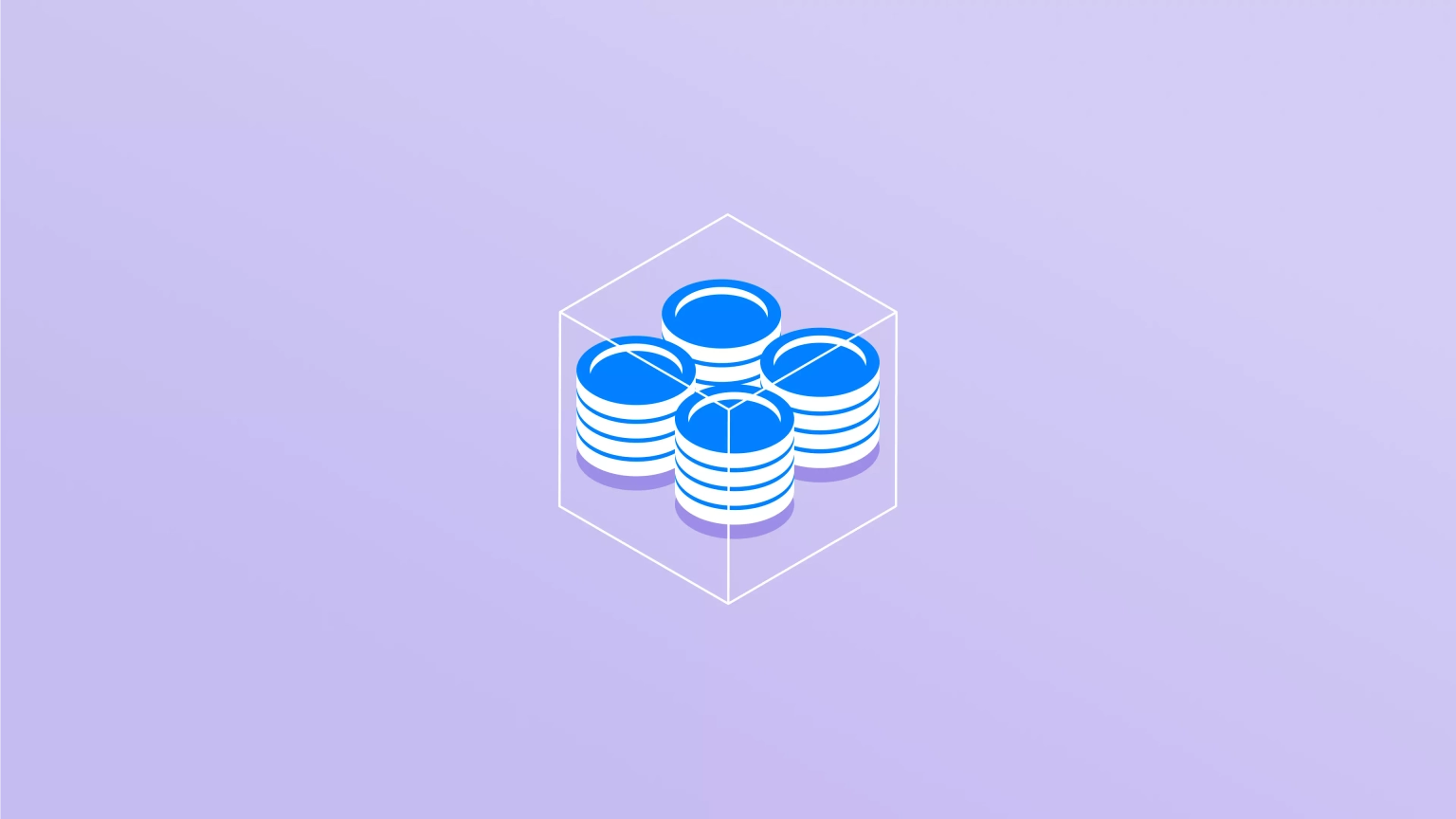
Collaboration between Neptune Mutual and SushiSwap
Explore Neptune Mutual's ongoing collaboration with SushiSwap offering several benefits.
Youtube Video
Playing the video that you've selected below in an iframe

Introduction to POD staking and how to benefit from it in the Neptune Mutual Ecosystem.
Many people come to the Neptune Mutual platform with the intent of earning yield as a liquidity provider (LP). Providing liquidity can be an effective way of "putting your crypto to work", and it is just one of a number of ways of generating returns and benefiting from rewards within the Neptune Mutual marketplace. One other option is for users to stake their Proof of Deposit tokens, or PODs. Using this mechanism, LPs have an additional way of benefiting from providing liquidity.
If you're a liquidity provider, you'll receive PODs when you deposit USDC into a cover pool. PODs are important as you will need to deposit them in order to unlock your liquidity if you wish to withdraw it in the 7-day period that arises every six months.
As an LP, the primary source of return on the liquidity you provide will be a portion of the USDC cover fees that are paid by people who purchase cover from the pool you've contributed to. The amount of USDC you receive is calculated based on the amount of liquidity you've provided to the pool as a percentage of the total liquidity in the pool. Cover policy fees are retained within the cover pool and used as liquidity; when an LP withdraws liquidity in the exit window, the sum withdrawn will include, pro-rata, the cover policy fees paid into the cover pool.
Cover creators have the option to provide additional incentives to liquidity providers by paying out their own project token as a reward to liquidity providers who lock up their PODs. So if, for example, a project called “NMX” creates a dedicated cover pool and offers its project token, “NMX”, as a reward, someone who contributes to the NMX cover pool can earn:
To participate in POD staking, simply open the Neptune Mutual dApp, navigate to the Pool tab, and then select POD staking. PODs are pool-specific, so you can only stake PODs in the pools in which you have provided liquidity and received the corresponding pool POD. Next, choose the project for which you'd like to stake your PODs and click on the Stake button. Enter the amount of PODs you would like to stake, then click "APPROVE POD". You'll be asked to confirm the transaction in Metamask (or whatever Web3 wallet you use). Review the transaction and confirm if you're happy with it.
The lockup times for POD staking may vary from pool to pool as this is a variable set by the cover pool creators, so be sure to double-check the lockup time and don't stake PODs if you think you're likely to want to redeem them before the lockup expires.
The rewards generated by staking PODs are known as Shield Mining Rewards and can be redeemed at any time. You can only unlock your PODs at the end of the lockup period.
We have a number of projects in the pipeline to develop new and valuable ways for the Neptunite community to generate extra rewards. We will be writing in depth about these new developments and providing YouTube tutorials prior to their launch. For the time being, if you are interested in seeing what our team is working on, head over to the documents section of our website and have a look at the following menu items:
Note that these sections are in draft format and are therefore likely to change.
POD staking is a simple way for LPs to support both the cover projects and the Neptune Mutual ecosystem. By earning stablecoins and project tokens, participants can build up a diverse selection of holdings. They’ll have the peace of mind that they know the yield is coming from a service that is adding value to the DeFi ecosystem.
If you're a developer or a DeFi project owner who would like to know more about POD staking, contact our team today. Or if you're considering becoming an LP and would like to discuss the staking system before getting started, reach us for some personalized support.